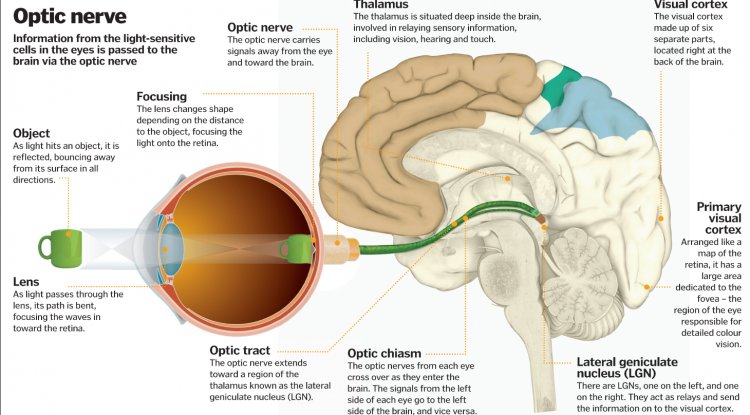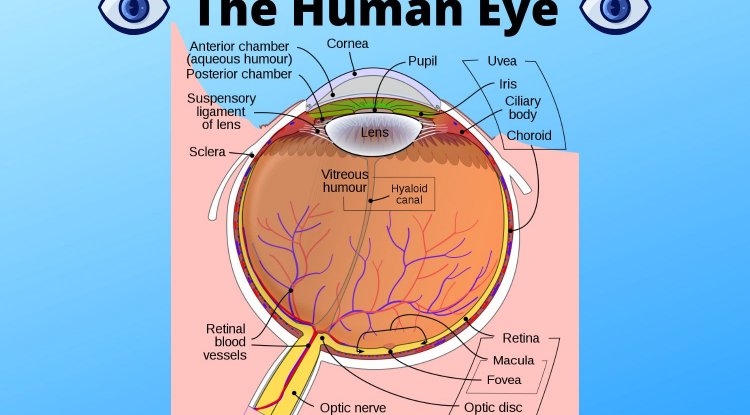The Nose Knows: Exploring the Scientific Role of the Olfactory System in Memory Recall of Odors
The sense of smell plays a crucial role in our daily lives, from alerting us to the presence of danger to evoking vivid memories of past experiences. The human nose is an incredibly complex organ that is capable of detecting a vast array of different smells, from fragrant flowers to foul odors. However, what is perhaps even more remarkable is the role that the nose plays in memory recall of odors.

Recent scientific research has shed new light on the mechanisms by which the nose remembers smells. It is now known that the olfactory system, which is responsible for our sense of smell, is closely linked to the limbic system, which is involved in memory and emotion. This means that smells have a unique ability to trigger powerful memories and emotions, often more so than any of our other senses.
The process of smell memory formation begins when odor molecules enter the nose and are detected by olfactory receptors in the nasal cavity. These receptors then send signals to the brain's olfactory bulb, where the information is processed and interpreted. If the brain perceives the odor as significant, it is then stored in the olfactory cortex, which is the part of the brain that is responsible for processing and storing olfactory information.
The olfactory cortex is also closely connected to other areas of the brain that are involved in memory formation and emotional processing, such as the hippocampus and the amygdala. This means that smells can trigger powerful memories and emotions, sometimes even more so than other sensory cues like sight or sound.
One fascinating aspect of the role of the nose in memory recall is the phenomenon of odor-evoked autobiographical memory (OEAM). OEAM occurs when a specific smell triggers a vivid memory of a past experience, often one that is long-forgotten. Studies have shown that OEAM is a universal experience, and that certain smells are more likely to trigger memories than others. For example, the smell of freshly baked bread is often associated with happy memories of childhood, while the smell of hospital disinfectant may evoke memories of illness or injury.
Understanding the role of the nose in memory recall has important implications for a range of fields, from neuroscience to marketing. For example, it has been shown that certain smells can enhance learning and cognitive performance, while others can have a calming or energizing effect. In the world of marketing, the use of scents in advertising and product design has become increasingly popular, with companies using scents to evoke certain emotions and associations in consumers.
In conclusion, the role of the nose in memory recall of odors is a fascinating and complex area of study. By understanding the mechanisms by which the nose remembers smells, we can gain insights into how memories are formed and how they can be manipulated. Whether it is the smell of a loved one's perfume or the aroma of a childhood favorite food, the sense of smell has the power to transport us back in time and evoke powerful memories and emotions.












